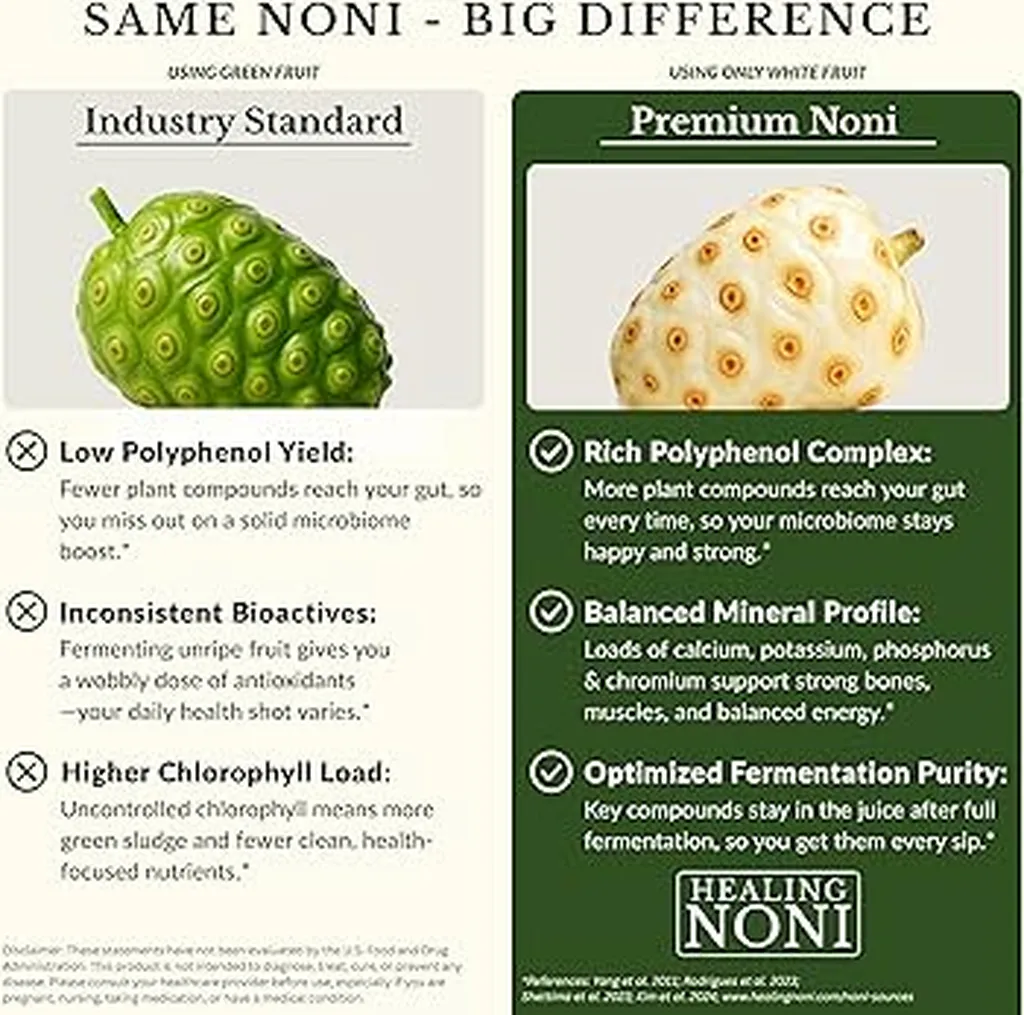In the lush tropical landscapes where the noni plant (Morinda citrifolia L.) thrives, a hidden world of microorganisms is at work, influencing the plant’s growth and the production of its valuable compounds. A recent study published in ‘Zhongguo niangzao’ sheds light on the diversity and potential of these endophytes, offering promising avenues for the agriculture and natural products industries.
Endophytes, microorganisms that live within plant tissues, have been found to play a crucial role in the synthesis of active compounds in noni plants. These compounds are not only beneficial for the plant’s growth but also hold significant economic value in the health and wellness market. The study, led by researchers from Hainan Xisha Noni Biotechnology Co., Ltd. and the University of Science and Technology Beijing, highlights the potential of these endophytes to produce active substances similar to those found in the noni plant itself.
“This research opens up new possibilities for the sustainable development of the noni industry,” said lead author TIAN Liang. “By understanding and harnessing the power of these endophytes, we can enhance the production of valuable compounds and explore new sources of natural active products.”
The study reveals that noni endophytes can promote the production of secondary metabolites in their host plants. These metabolites are often responsible for the plant’s medicinal and health benefits, making them highly sought after in the pharmaceutical and nutraceutical industries. Moreover, the endophytes themselves can generate active substances identical or similar to those of the host, serving as a new source of natural active products.
The commercial implications of this research are substantial. By leveraging the capabilities of endophytes, the agriculture sector can enhance the productivity and quality of noni plants, leading to increased yields and economic benefits. Additionally, the discovery of new active substances produced by endophytes can open up new markets and applications in the health and wellness industry.
“Further exploration of the diversity of noni endophytes and their interaction mechanisms with host plants will not only enrich microbial ecology theory but also provide a scientific basis for developing novel natural products,” said SHI Hanbo, another lead author of the study.
As the research on noni endophytes continues to evolve, it is expected to shape future developments in the field of agriculture and natural products. The study’s findings underscore the importance of understanding and utilizing the symbiotic relationships between plants and microorganisms to drive innovation and sustainability in the industry.
The research was conducted by TIAN Liang, SHI Hanbo, MAO Xiangfei, LIU Meisui, and LIU Yang, affiliated with Hainan Xisha Noni Biotechnology Co., Ltd., and the School of Chemistry and Biological Engineering, University of Science and Technology Beijing. Their work represents a significant step forward in the exploration of endophytes and their potential applications in the noni industry.

